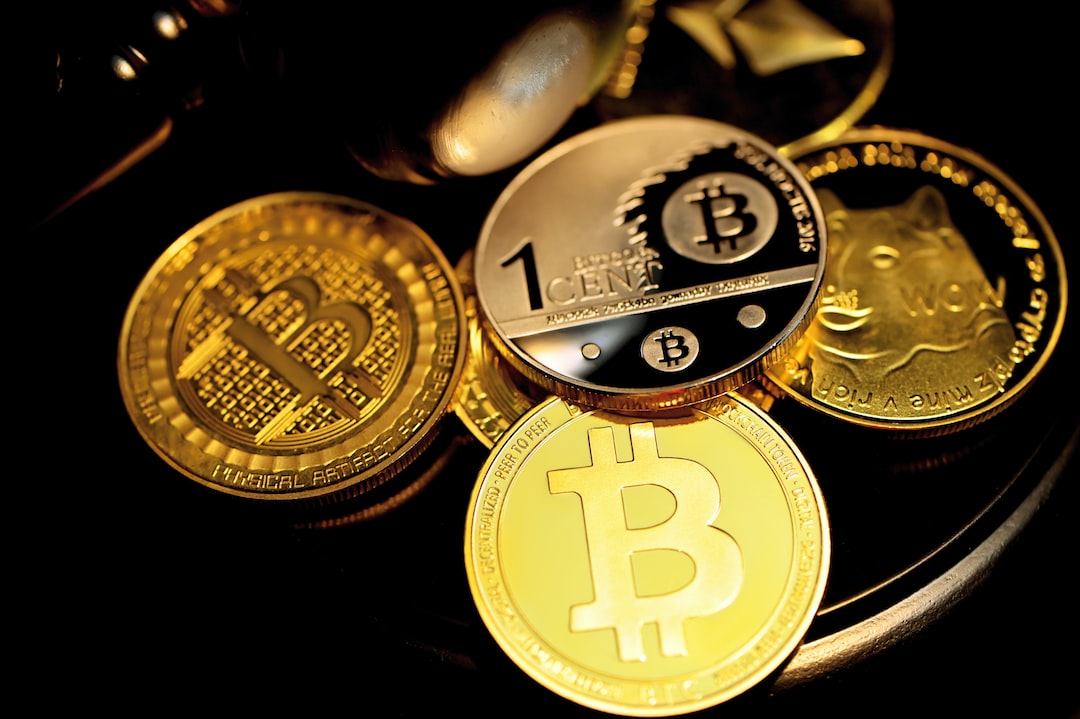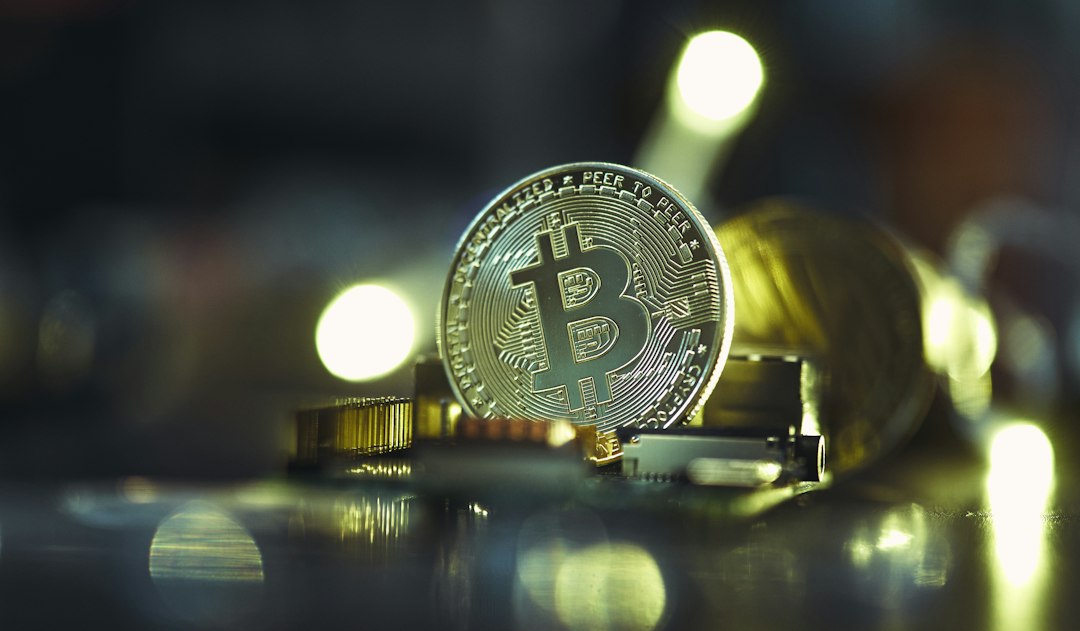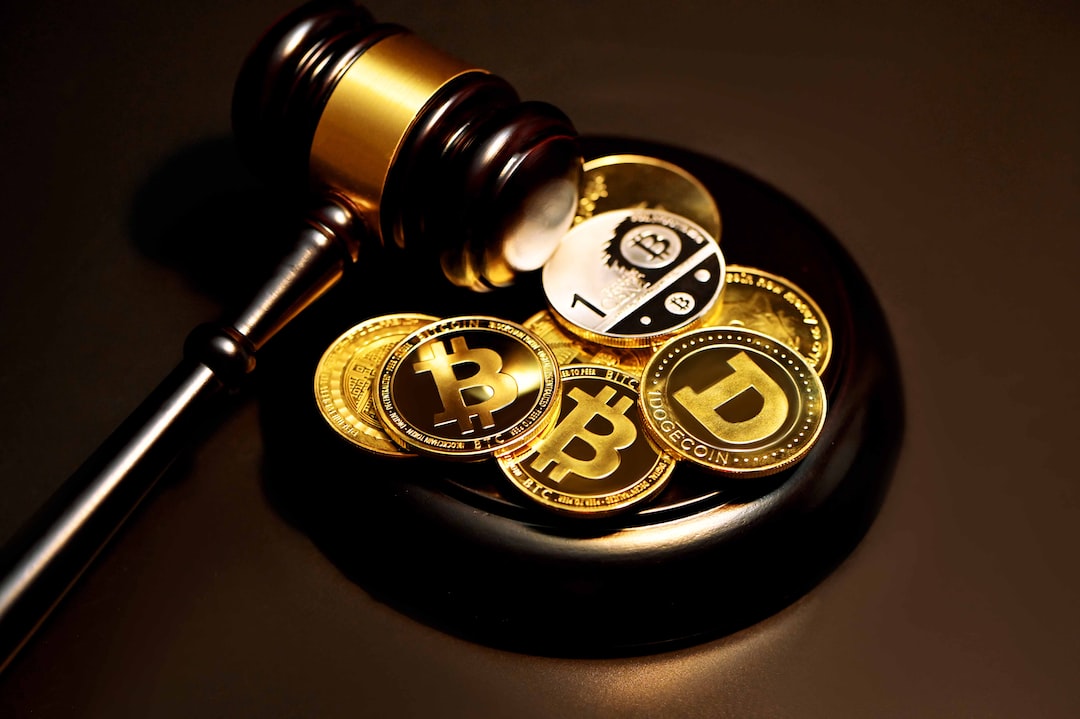Gate.io Faces Controversy Over Abnormal Trading Volume
Gate.io, an Asian crypto exchange, experienced an unusual surge in trading volume on December 4, reaching a high of $4 billion. This spike has led to a dispute with the community behind an “animal token” called RATS, which operates on the Bitcoin blockchain using the BRC-20 protocol. The RATS project publicly accused Gate.io of fake transactions and called for a boycott of the exchange.
However, Gate.io attributes the abnormal volume to market fluctuations that disrupted some clients’ trading strategies. The exchange claims that changes in institutional users’ strategies during market volatility are common and do not impact the overall functionality of their platform.
The HashKey Exchange Spike
In a similar incident, HashKey Exchange, a newly licensed exchange in Hong Kong, saw its daily volumes surge to $4.5 billion. HashKey attributed this spike to campaigns promoting trading incentives through its HSK tokens. There is no indication that these two events are connected.
The Ordinals protocol, introduced by developer Casey Rodarmor in early 2023, facilitated the emergence of Bitcoin-based BRC-20 tokens like RATS and nonfungible tokens. Gate.io has been focused on these assets and recently listed a BRC-20 memecoin named SATS.
Gate.io reassured the RATS community that they have consistently provided maximum support for the token and contribute 90% of its trading volume. They also produced a proof of reserve snapshot for BRC-20 projects traded on their platform, which indicates reserve ratios exceeding 100% for tokens like ORDI, SATS, and RATS.
ORDI, another Bitcoin-based BRC-20 token, experienced a 35% increase following the resurgence of Bitcoin itself, which reached over $44,000.
Hot Take: Gate.io and HashKey Exchange Under Scrutiny for Abnormal Trading Volume
Gate.io and HashKey Exchange have come under scrutiny due to abnormal spikes in trading volume. While Gate.io attributes the surge to market fluctuations affecting clients’ trading strategies, the RATS community has accused the exchange of fake transactions. Similarly, HashKey Exchange saw a significant increase in volumes attributed to trading incentives through its HSK tokens. These incidents raise questions about the integrity and transparency of these exchanges. It remains to be seen how these controversies will impact their reputation and user trust in the future.





 By
By
 By
By
 By
By
 By
By
 By
By
 By
By